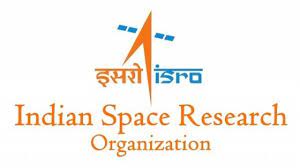BENGALURU: The Indian Space Research Organisation (ISRO) is preparing for a challenging experiment of controlled re-entry of a decommissioned low earth orbit satellite, Megha-Tropiques-1 (MT1), into the earth’s atmosphere on March 7.
MT1 was launched on October 12, 2011, as a joint satellite venture of ISRO and French space agency CNES for tropical weather and climate studies.
Although the mission life of the satellite was originally three years, the satellite continued to provide valuable data services for more than a decade supporting regional and global climate models till 2021, the Bengaluru-headquartered space agency noted in a statement on Sunday.
UN/IADC (Inter-Agency Space Debris Coordination Committee) space debris mitigation guidelines recommend deorbiting an LEO (Low Earth Orbit) object at its end-of-life (EOL), preferably through controlled re-entry to a safe impact zone, or by bringing it to an orbit where the orbital lifetime is less than 25 years, according to ISRO.
It is also recommended to carry out “passivation” of on-board energy sources to minimise the risk of any post-mission accidental break-up.
The orbital lifetime of MT1, weighing about 1,000 kilograms, would have been more than 100 years in its 20 degree inclined operational orbit of 867 km altitude. About 125 kg on-board fuel remained unutilised at its end-of-mission that could pose risks for accidental break-up.
This leftover fuel was estimated to be sufficient to achieve a fully-controlled atmospheric re-entry to impact an uninhabited location in the Pacific Ocean.
Controlled re-entries involve deorbiting to very low altitudes to ensure impact occurs within a targeted safe zone.


